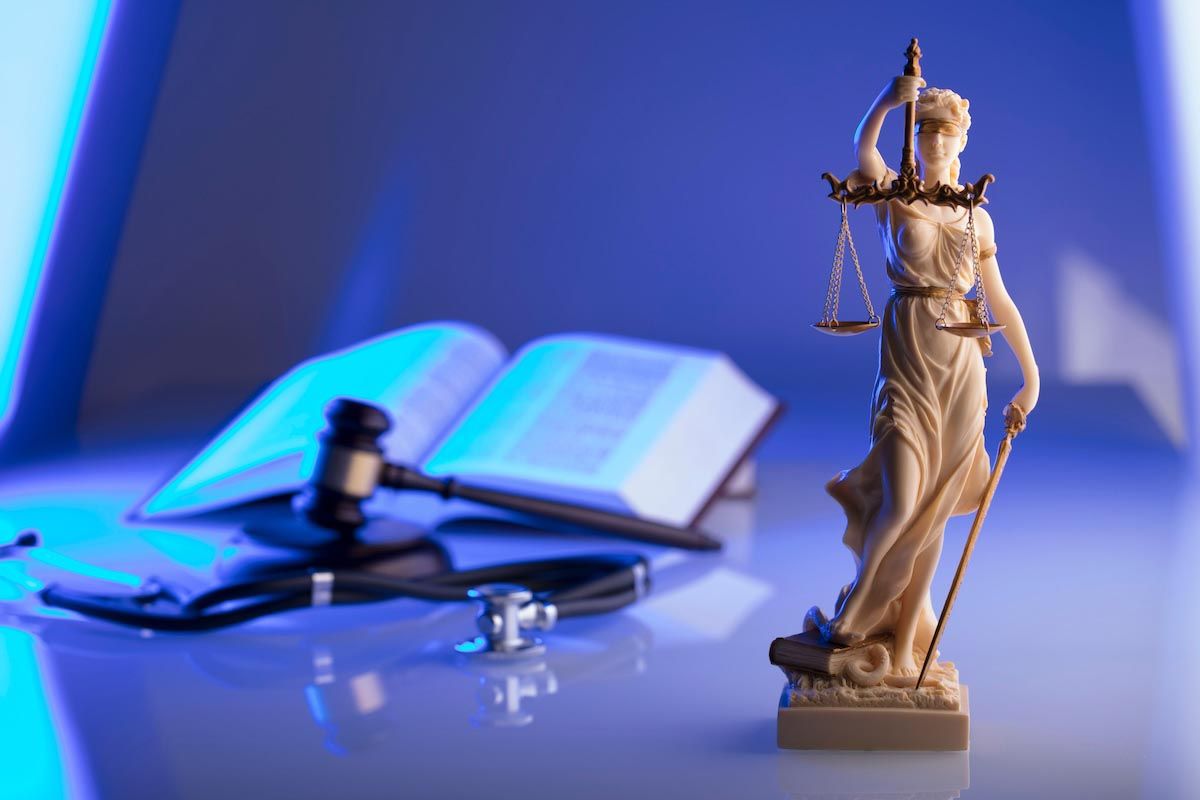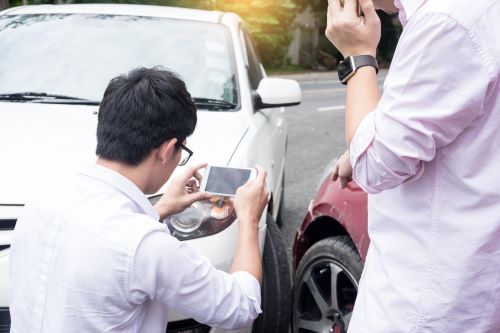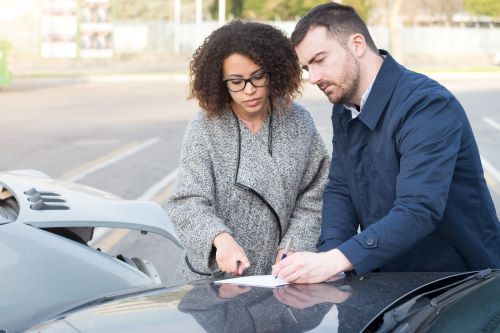Choosing the Right Personal Injury Lawyer for Your Case
It can be a frightening place to be when you or a loved one are hurt, and then you have to navigate a legal case on top of the healing process. How do you know when to get a personal injury lawyer involved and how to pick the right one when you do? For many, legal issues can be daunting.
Here at Warren Allen LLP, Attorney at Law, we know Oregon personal injury law better than anyone, and we want to help you feel confident when hiring your personal injury lawyer. We have compiled some excellent tips on choosing the right personal injury lawyer for your case.
When Do You Need a Personal Injury Lawyer?
If you have been injured because of someone else’s negligence or wrongful actions, you might struggle with financial difficulties caused by missed work and medical expenses. Recovering compensation for these damages can be challenging, but a personal injury attorney can provide valuable assistance.
Personal injury attorneys handle a range of cases, including car accidents, slips and falls, medical malpractice, workplace injuries, product defects, dog bites, wrongful deaths, and nursing home abuse. They possess the necessary expertise to navigate legal procedures, gather evidence, negotiate with insurance companies, and represent clients in court to secure the compensation they deserve for their injuries and losses.
What To Look For
Look for References
When you hire a professional to do a job for you, you should look at their references and track record. Finding the right lawyer is not an exception. Many people have worked with a personal injury lawyer, so ask family, friends, and coworkers.
Both good and bad experiences can be helpful, but any good experiences will help you build a list of which lawyers to research further. You can also check sites like Martindale for peer reviews of law firms and individual lawyers.
When looking for a lawyer to handle your personal injury case, it is also good to consider their place of business. It’s a good practice to select a lawyer who operates from a professional office, as personal injury cases can be complex and require meeting numerous deadlines. A professional office indicates that the lawyer has efficient processes in place to handle their workload.
A messy office won’t necessarily mean they are a bad lawyer; many attorneys have piles of files in their offices. However, your lawyer should be punctual for meetings and quickly respond to your inquiries.
Experience
You want to make sure that you are working with someone with experience in personal injury law and who has successfully gone to trial. Having an experienced expert in Oregon personal injury law can relieve you of the stress of handling your own case and ensure you get all you are owed.
The liable party will often try and settle outside of court for much less. Ultimately, it is up to you to decide if the settlement is what you deserve. With an experienced lawyer on your side, they can help you navigate this tricky world and help you take your case to trial.
Finding someone with a track record of successful negotiations and litigation is also important. While most cases are settled out of court, having an attorney with experience taking cases to a jury verdict is important. In order to assess their success rate, you can ask the attorney directly. If they do not provide this information when requested, it may be a sign that their success rate is not high.
Working on Contingency
It can be a lot to handle when healing and working to get your case to trial. If you have been injured and need legal assistance but are not working or earning income, the cost of a lawyer can be concerning. Typically, lawyers charge hundreds of dollars per hour for their services, which may be beyond your budget.
However, there is good news: many personal injury lawyers work on a contingency basis, meaning they will take payment once you receive the payout from your case. The contingency fee is usually 40% or less of the final settlement amount. You want to seek out a lawyer who charges within this range. The best lawyers will include legal fees in the final settlement to ensure you receive the maximum compensation possible.
When starting your search for a lawyer, ask for a consultation with those who have passed your initial research. Most personal injury lawyers should offer free consultations. During an initial consultation, a possible client will meet with a lawyer to assess the strengths of their personal injury case and see if the lawyer and client can work together.
Communication
Especially when it comes to a personal injury case, communicating effectively with your lawyer is important for the best outcome. You must ensure they listen to your concerns and explain concepts clearly to give you confidence that your input will be considered before any significant decisions are made. Your satisfaction with their approach will depend on their willingness to understand your perspective, and their ability to explain the progress of your case will help you make informed decisions. Effective communication can also reduce the stress of the process. Having a good rapport with your personal injury attorney means they should respond to your inquiries, clarify things in a way that’s easy for you to understand, and have your best interests at heart.
If you need legal representation for personal injury, it’s important to consider several factors when choosing the right lawyer. Knowing what to look for can simplify the process.
At Warren Allen LLC, we have specialists in Oregon personal injury law and are dedicated to assisting you every step of the way. If you or a loved one requires legal representation, do not hesitate to contact us. We will work tirelessly to ensure that your rights are protected, and that you receive the compassionate care you deserve.



